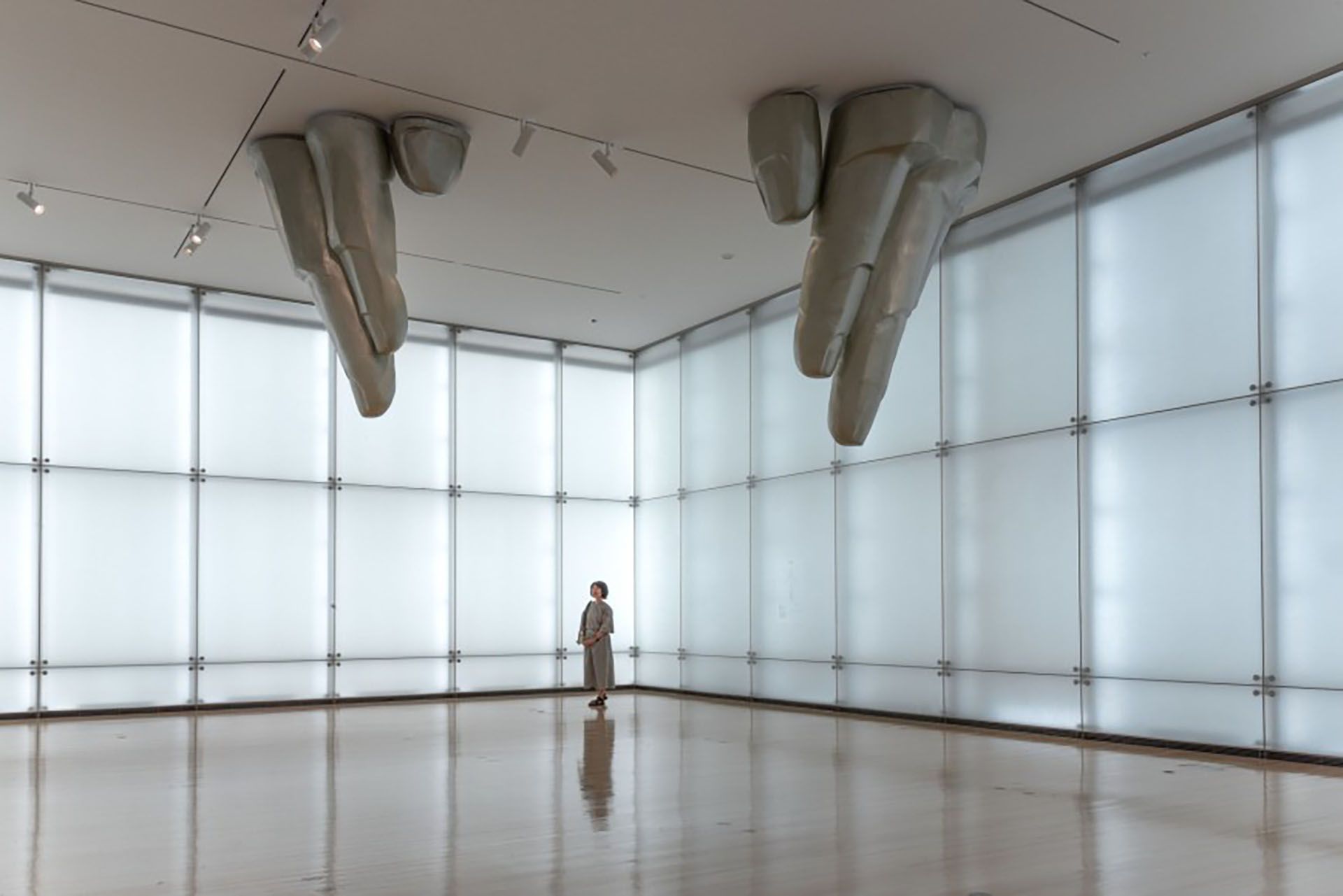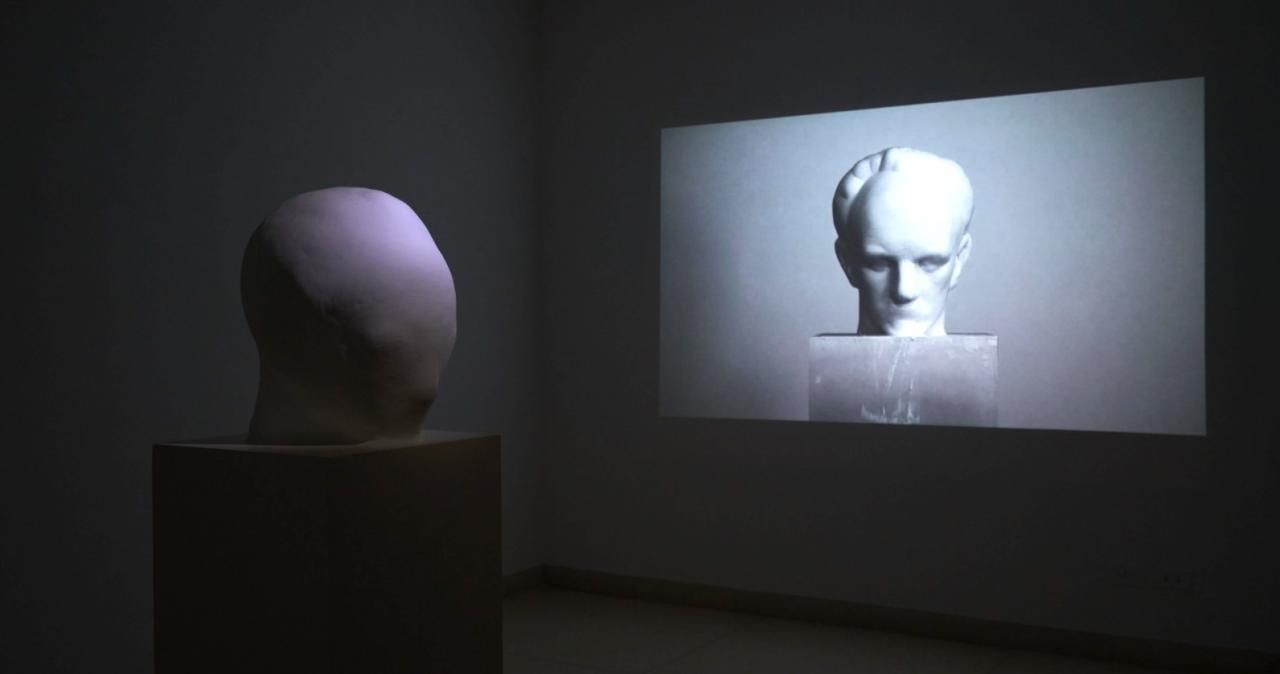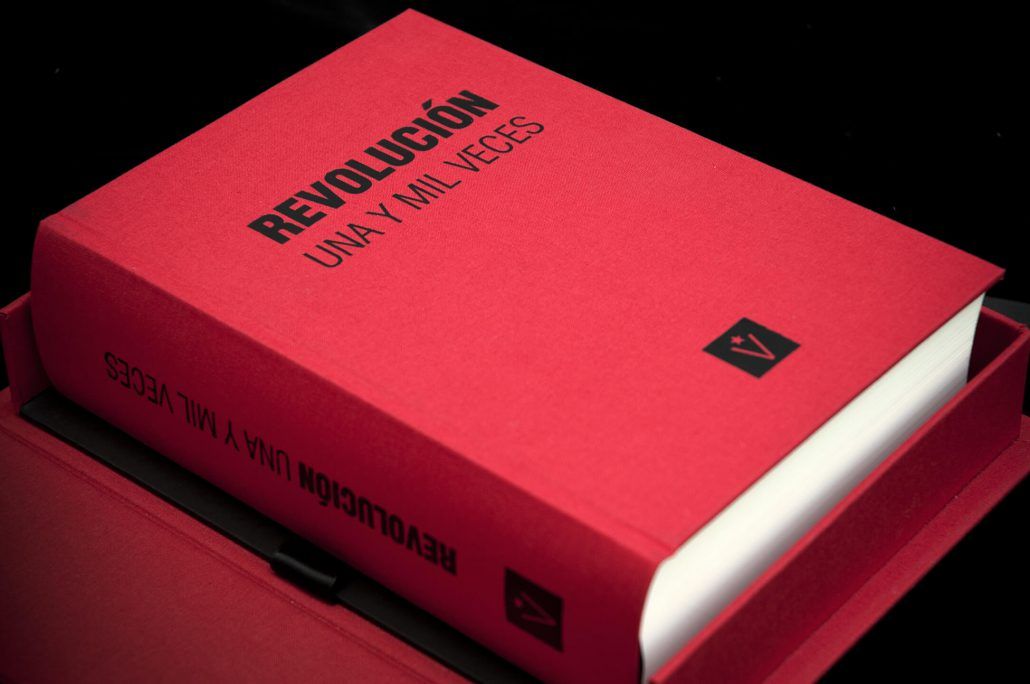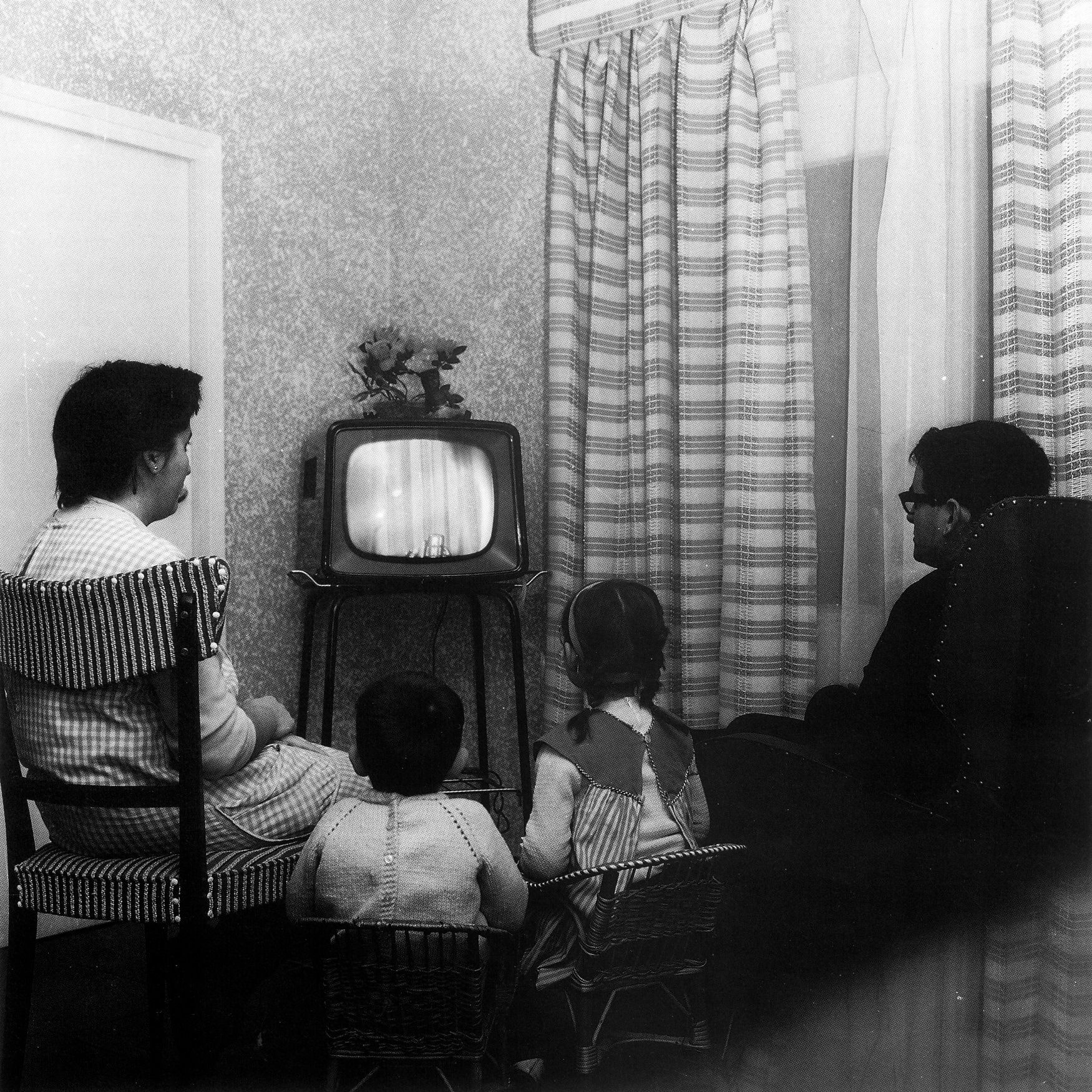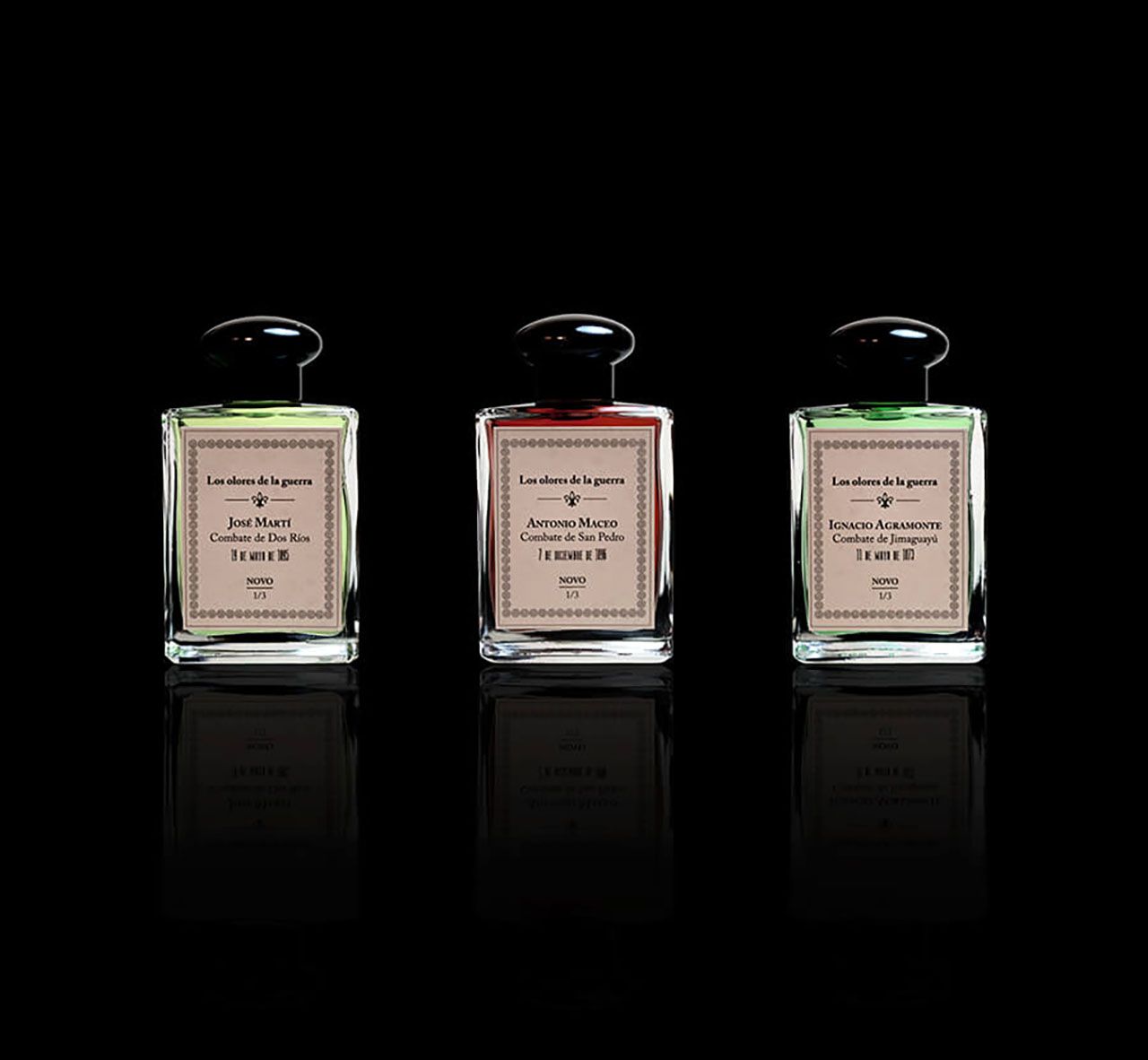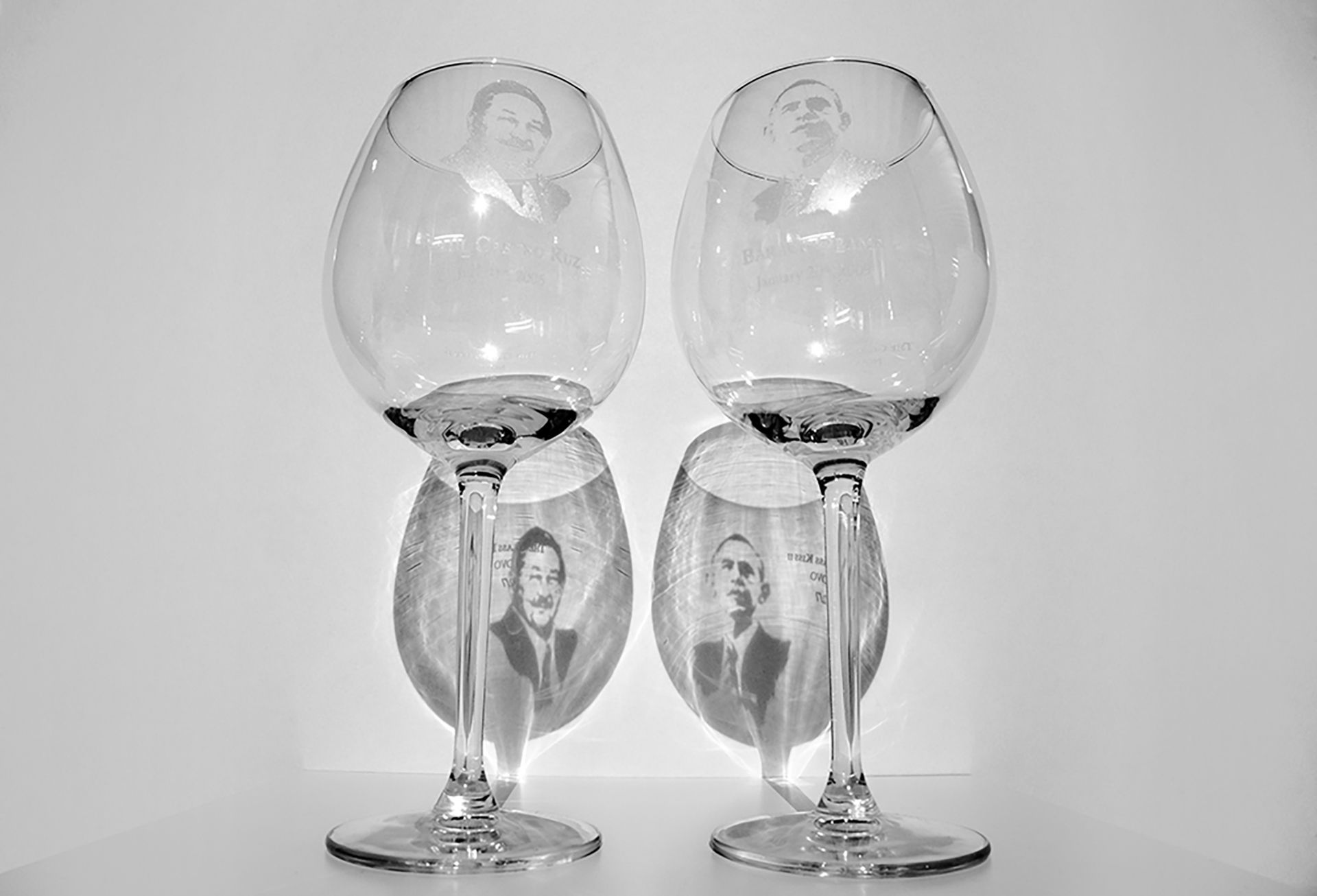Residents
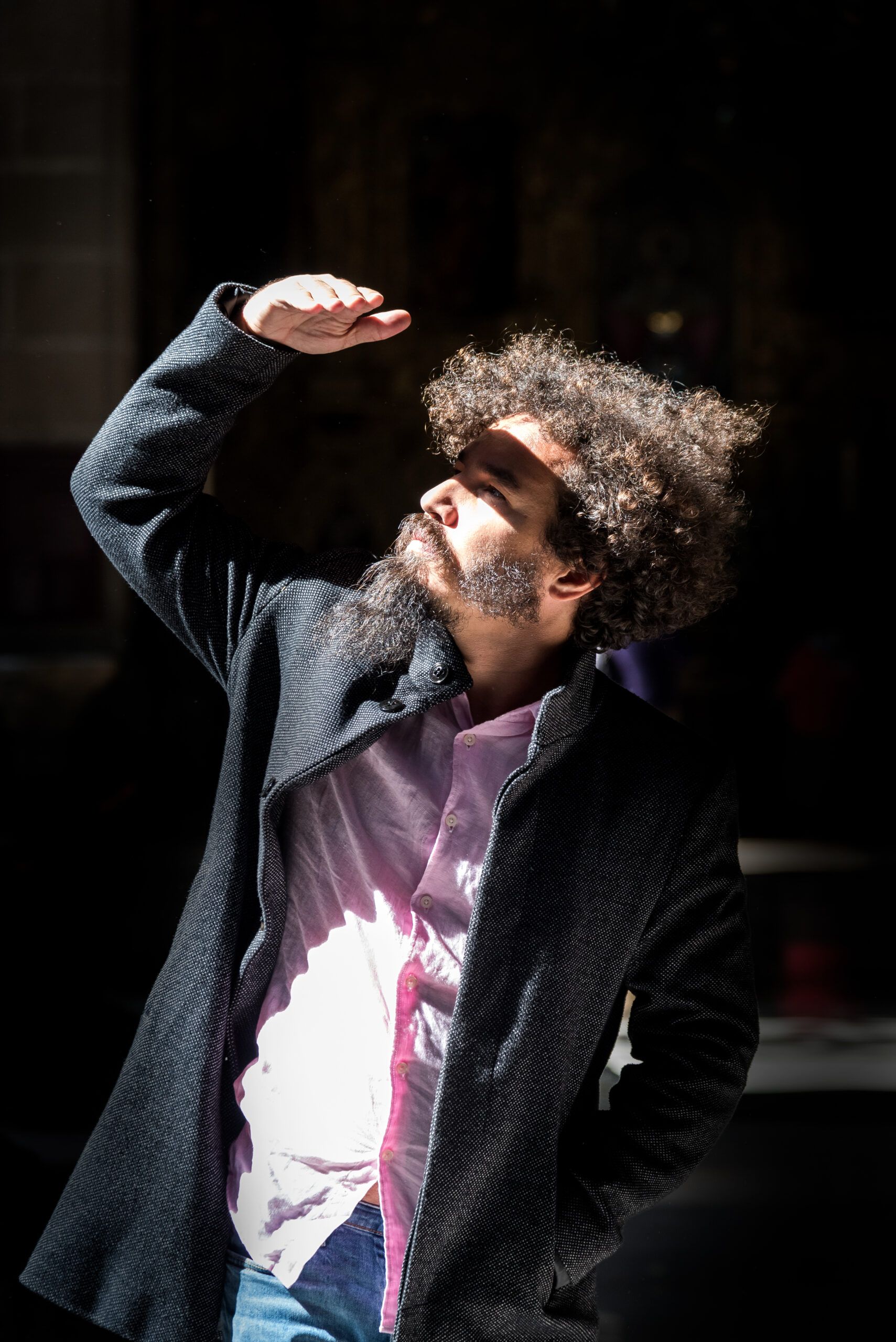
Reynier Leyva Novo
Reynier Leyva Novo (b. 1983, Cuba) is one of Cuba’s leading conceptual artists. Working across media, Novo combines anthropological research with cutting-edge technology to examine the psychological and sociological effects of complex issues throughout the history of Cuba and the Caribbean. He develops his projects through mining historical data and official documents, transforming their contents into minimalist and conceptually charged sculptures and multimedia installations that are at once visually engaging and intellectually provocative.
Novo’s work challenges ideology and symbols of power, questioning notions of an individual’s ability to affect change. Among the artist’s most recognized series is The Weight of History (2014-15), a project in which he actualized a software to compute the mass and volume of ink used to print key ideological texts underpinning five totalitarian regimes that shaped the 20th century, including Cuba. Novo’s commitment to deconstructing myths while highlighting the fragments of reality and lived experiences that generate them has led him to political activism through art. Participating in the ongoing social movement in Cuba working to reclaim freedom of expresión as well as civic and political rights, he is an active member of the artist-activist group 27N.
In recent years, Novo has secured his position as a rising star of the international art world through participation in biennials and exhibitions worldwide, as well numerous exhibitions and acquisitions of his work by major institutions. Novo’s work has been presented at the Liverpool Biennial (2010), Venice Biennale (2011, 2017), Havana Bienal (2015, 2019), Bienal de Shanghai (2018), Ghetto Biennale in Port-au-Prince, Haiti (2019), Aichi Triennial (2019), among others. His artwork is in the collection of institutions such as the Bronx Museum, Hirshhorn Museum and Sculpture Garden, Walker Art Center, Perez Art Museum, and Art Gallery of Ontario. In 2020, he was selected for 20 for the 20s, a publication highlighting the 20 Latin American artists who will define the next decade.
In 2022, Novo moved his family to the U.S. from Cuba, and is currently living in Houston, Texas. This year, he plans to begin a residency as a Smithsonian Institution Artist Research Fellow at the National Museum of African American History and Culture, and the Hirshhorn Museum and Sculpture Garden, in Washington, DC. This research project stems from the investigation for his project Patria, muerte y azúcar / Homeland, death and sugar (Havana Biennial 2019) which addresses the transatlantic slavery system developed by European colonial powers, the racial dimension to the slave-slaver’s logic, and the institutionalization of the estrangement of the other and its cultural diversity.
As curator Olga Viso notes, “In post-revolutionary Cuba, successive generations of artists have wrestled with the myths, ideals and icons of the island’s revolutionary epoch as well as its troubling colonial heritage. Reynier Leyva Novo, an artist who has distinguished himself with ambitious installations that mine historical archives he meticulously researches, is an inheritor of this venerable tradition, whose multi-faceted practice meets the demands of our de-colonial moment.”
